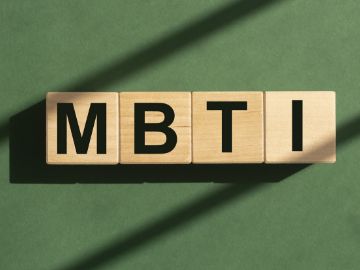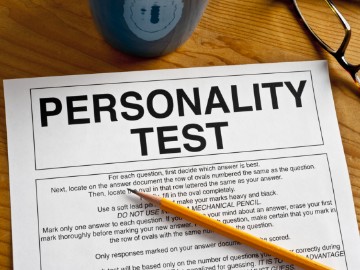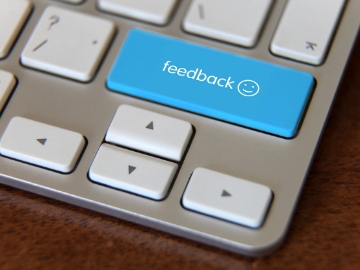MBTI in a Nutshell: What is the Myers-Briggs Assessment

The Myers-Briggs Type Indicator (MBTI) is one of the most popular personality tests widely used in school settings and the workplace. However, there are arguments about its reliability and whether it can help a company's recruitment process.
Some view the MBTI as the astrology for business because it doesn't predict how well a person would do in the work environment. Instead, the MBTI, in a nutshell, classifies people into different personality types, just like that of the horoscope. They both offer ways to gain self-awareness by boxing people into specific personalities.
The MBTI is also perceived as a pseudoscience as scientific explanations don't back it up; people use anecdotes to validate it. This article breaks down the test and what people can get out of it to better understand what Myers-Briggs is.
What is the Myers-Briggs Assessment?
Isabel Myers and her mother, Katherine Briggs, formulated the Myers-Briggs Assessment in the 1940s, based on Carl Jung's theory of personality types. Their interest in Carl Jung's psychological approach inspired them to develop an assessment that people could use to self-evaluate.
Myers and Briggs believed that assisting people in understanding themselves might aid them in making better career decisions and leading healthier, happier lives. The test doesn't have right or wrong answers as it's an approach to personality typing.
The MBTI consists of sixteen combinations of the four dimensions: extraversion vs. introversion, sensing vs. intuition, thinking vs. feeling, and judging vs. perceiving. It helps indicate which personalities and jobs match best; companies use the MBTI when examining applicants.
What is the Purpose of the MBTI?
The MBTI aims to help employers and job hunters as well. Here are other purposes of the MBTI that you can take note of:
-
Raises self-awareness
The MBTI shows preferences and explains why people are the way they are. A friendly person typically scores higher in extraversion than introversion, explaining why they're warm and outgoing. They gain energy and are more expressive when networking with others.
-
Develops yourself
Self-awareness reveals strengths and weaknesses, which you can use to improve yourself. For instance, someone who wants to work in sales but finds out they're introverted may find it challenging to keep up with that job. The person may need to work on interpersonal skills to make dealing with people easier.
The MBTI, in a nutshell, exposes where a person is inclined to thrive. Knowing your personality helps you choose the best career path and boost professional growth.
-
Understands stress reactions
It's important to know how a person handles a stressful situation. Supervisors can better manage people when they know how they operate. An individual with a judging type works in an orderly manner, one step at a time to complete tasks. Meanwhile, a perceiving person is more flexible and can manage last-minute pressure.
-
Identifies communication styles
People have varying ways of interacting, and knowing what works best for them creates effective communication. For instance, those classified under the sensing personality type take their time speaking in detail in the workplace. But intuitive people prefer to summarize their thoughts and leave out details.
-
Values diversity
The work environment is diverse, with people of unique backgrounds and cultures. Although the MBTI only limits sixteen different personalities, it provides a good measure in grouping people to manage and understand them. When employers use this assessment, they can better gauge their people.
-
Improves relationship dynamics
Increased self-awareness helps create teamwork. When you understand yourself better, your relationships with other people also improve.
-
Assists in resolving conflict
A manager can pinpoint how to manage conflict with the help of the MBTI. For instance, there's an unmotivated employee at work. Managers should praise those who scored high in feeling to encourage them to accomplish more at work.
Knowing You is Knowing Others
The MBTI, in a nutshell, is a great and easy way to grasp how you think, feel, and behave. Although it builds self-awareness, it doesn't rationally predict a person's capabilities but rather their preferences in the workplace.
Employers use the MBTI as an assessment tool for personality typing. It's not definite, but it can be a basis to develop oneself, leading to better career decisions. Visit Career.com to help you find the best-suited job for you.



